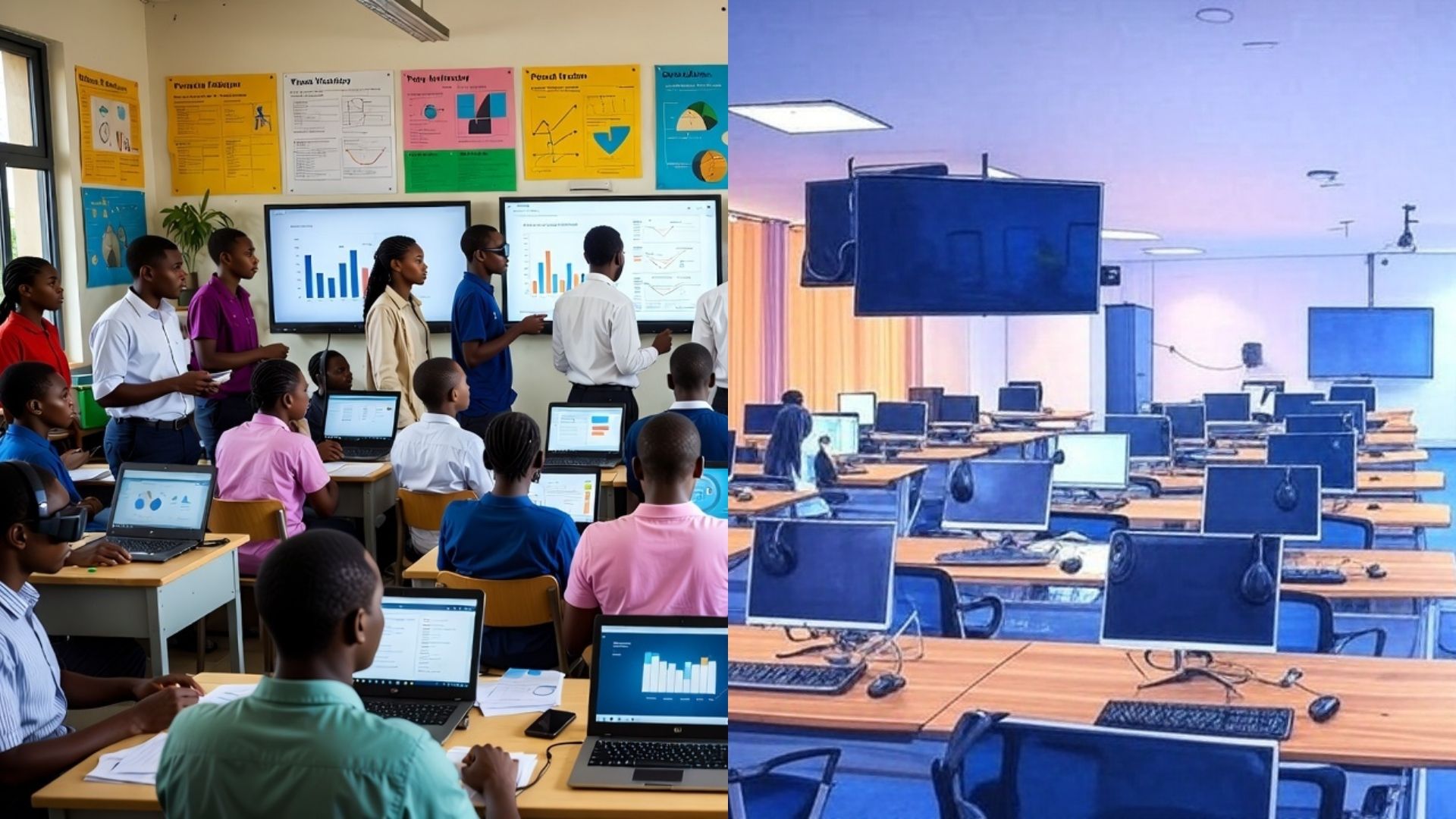Kenya is being encouraged to adopt a proposed global framework aimed at regulating the use of artificial intelligence (AI) in educational settings. This call comes from the recently released 2025 HP Futures Report, which highlights the rapid integration of AI tools into student life.
The report reveals that over 60% of learners worldwide utilize AI tools daily for academic research and assignments. This survey, which included responses from 2,860 students across 21 countries, underscores a strong demand for oversight in the educational use of AI. Notably, 71% of participants expressed support for establishing clear limits on AI applications within education systems.
David McQuarrie, HP’s Chief Commercial Officer and Chair of HP Futures, emphasized the growing reliance on AI as a significant factor in managing student workloads. He cautioned, however, that educational institutions must rapidly adapt to keep pace with this technological evolution. “AI can unlock personalized, high-quality learning for billions. But to achieve that potential, adoption must be responsible and thoughtful,” McQuarrie stated. He stressed that current educational policies are lagging behind the swift pace of technological change.
Call for a Global AI in Education Charter
The HP Futures Report advocates for the establishment of a mandatory Global AI in Education Charter. This charter aims to ensure the ethical and safe integration of AI technologies into learning environments. It seeks to address critical issues such as learner-data ownership, children’s online safety, and prohibitions on exploitative data-harvesting practices.
Developed by HP Inc. in collaboration with the Global Learning Council and T4 Education, the report reflects insights from diverse councils representing various regions and backgrounds. These councils engaged in extensive discussions to formulate practical recommendations for governments, school leaders, and educators preparing to integrate AI technologies within educational frameworks.
Implications for Kenya and Beyond
As AI’s role in education expands, the findings of the HP Futures Report present a crucial opportunity for Kenya and other nations to shape their educational policies proactively. The push for a global regulatory framework could serve as a blueprint for harmonizing AI integration across different jurisdictions, promoting ethical practices, and protecting students’ rights in the digital age.
With more than half of students globally using AI daily, the urgency for regulation is apparent. The call from HP Futures is not just about technology adoption; it’s about ensuring that the implementation of AI tools enhances the educational experience without compromising ethical standards or student safety.
As the world moves forward, the adoption of a robust framework will be essential in navigating the complexities of AI in education, thereby unlocking its full potential for personalized learning while safeguarding the future of students globally.
See also Saudi Arabia, Egypt, and Greece Integrate AI to Transform Tourism Education and Hospitality
Saudi Arabia, Egypt, and Greece Integrate AI to Transform Tourism Education and Hospitality Indosat Launches AI Initiative to Address STEM Graduate Shortage in Indonesia
Indosat Launches AI Initiative to Address STEM Graduate Shortage in Indonesia HP Advocates for Global AI in Education Charter to Ensure Ethical Use in Classrooms
HP Advocates for Global AI in Education Charter to Ensure Ethical Use in Classrooms GCC Nations Launch Initiative to Develop Arabic AI for Enhanced E-Learning in Education
GCC Nations Launch Initiative to Develop Arabic AI for Enhanced E-Learning in Education Study Reveals Learning with ChatGPT Leads to Shallow Knowledge Compared to Google Searches
Study Reveals Learning with ChatGPT Leads to Shallow Knowledge Compared to Google Searches




























































